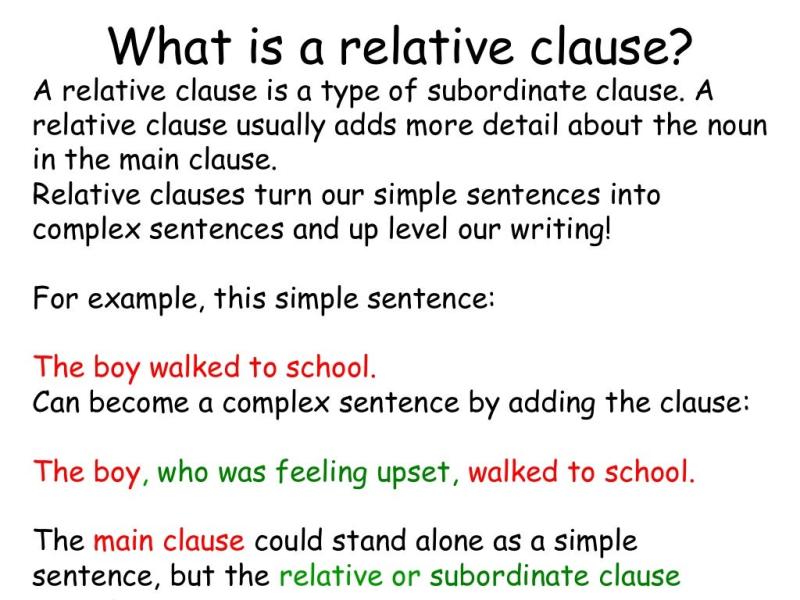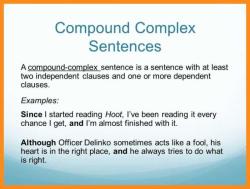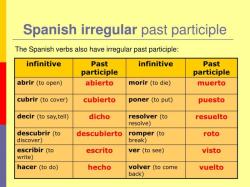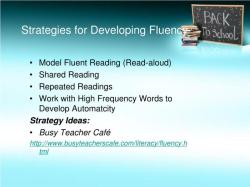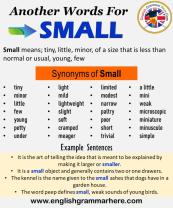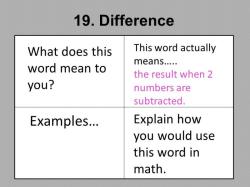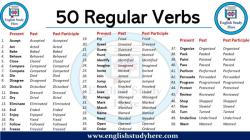What is an example of relative clause?
A relative clause is a type of subordinate clause that provides additional information about a noun in the main clause. It begins with a relative pronoun (e.g., who, whom, whose, which, that) or a relative adverb (e.g., where, when, why). Here's an example of a sentence with a relative clause:
Original Sentence:"The book that I borrowed from the library is really interesting."
Relative Clause:"that I borrowed from the library"
In this example:
- The main clause is "The book is really interesting."
- The relative clause, "that I borrowed from the library," provides additional information about the noun "book."
The entire sentence together gives more context: "The book that I borrowed from the library is really interesting."
Here are a few more examples:
"The person who won the competition is my friend."
- Relative Clause: "who won the competition"
"The house that Jack built is now for sale."
- Relative Clause: "that Jack built"
"I visited the city where I was born last summer."
- Relative Clause: "where I was born"
"The reason why she left is still unclear."
- Relative Clause: "why she left"
These examples illustrate how relative clauses add extra details to the nouns they modify, giving more information and context to the main clause of the sentence.
Sure, here is a comprehensive explanation of relative clauses in grammar:
What defines a relative clause in grammar?
A relative clause, also known as a dependent clause, is a group of words that modifies a noun or noun phrase in the main clause. It provides additional information about the noun or noun phrase it is modifying. Relative clauses are typically introduced by relative pronouns such as "who," "whom," "whose," "which," "that," and "where."
How are relative clauses used in constructing sentences?
Relative clauses are used to add details and context to sentences, making them more descriptive and informative. They allow writers to convey complex ideas in a concise and organized manner. By embedding additional information within the sentence structure, relative clauses enhance the overall clarity and effectiveness of communication.
Can you provide an example of a relative clause in context?
Consider the sentence: "The old house, which my grandparents built, stands proudly on the hilltop."
In this sentence, the phrase "which my grandparents built" is a relative clause that modifies the noun "house." It provides additional information about the house, indicating that it was constructed by the speaker's grandparents. The relative pronoun "which" connects the clause to the noun it modifies.
What role do relative clauses play in enhancing sentence structure?
Relative clauses play a crucial role in enhancing sentence structure by introducing variety and complexity to the language. They allow writers to combine multiple ideas within a single sentence, avoiding the need for repetitive phrases or simple sentence structures. By embedding additional information, relative clauses make sentences more engaging and informative.
5. Are there different types of restrictive and nonrestrictive relative clauses?
Yes, there are two main types of relative clauses: restrictive and nonrestrictive.
Restrictive relative clauses: These clauses are essential for the meaning of the sentence. They define or identify the noun they modify, providing information that is necessary to understand the sentence fully.
Nonrestrictive relative clauses: These clauses provide additional information about the noun they modify but are not essential for the meaning of the sentence. They can be removed without fundamentally altering the meaning of the sentence.
Here's an example of a restrictive relative clause:
- "The student who studied hard passed the exam."
Here's an example of a nonrestrictive relative clause:
- "My dog, who is always happy to see me, greeted me at the door with wagging tail."
